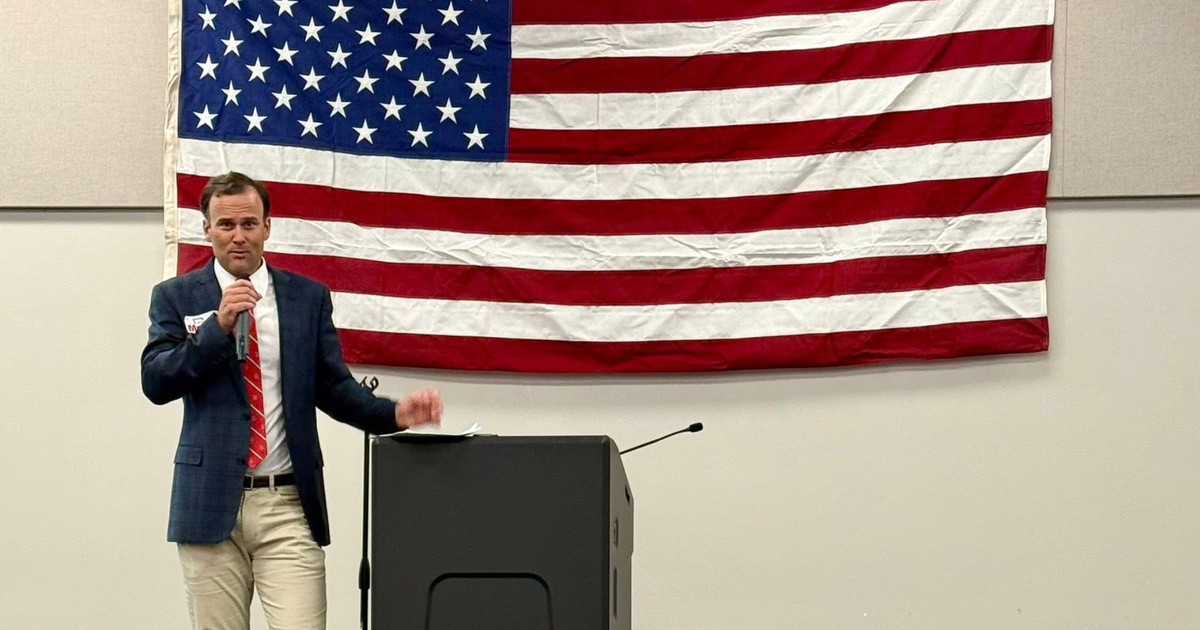Senate committee to hold markup on controversial voting bill
The Senate Rules Committee will hold a markup Tuesday of the For the People Act, a massive voting and elections bill. Democrats claim the bill is necessary to counter new voting restrictions being considered by multiple states, while Republicans decry it as federal overreach.
Committee Chair Amy Klobuchar announced last month that the committee would hold a markup on the bill on May 11, after a hearing on the bill in late March. During a markup, members of the committee may propose changes or amendments to the bill, followed by a final vote on whether to advance the bill to the Senate floor.
The House approved the For the People Act by a vote of 220 to 210 in March, with one Democrat joining all Republicans in voting against it. The bill would overhaul government ethics and campaign finance laws, and seek to strengthen voting rights by creating automatic voter registration and expanding access to early and absentee voting. It also includes some measures that would require states to overhaul their registration systems, limit states' ability to remove people from voter rolls, increase federal funds for election security, and reform the redistricting process.
Klobuchar has proposed a manager's amendment. The large amendment contains multiple individual amendments offered by the senator managing debate on the bill and proposes changes in response to some criticisms about the bill's scope.
Republicans unanimously oppose the bill, arguing that it amounts to a federal takeover of state-run elections.
Some critics have called for breaking up the bill into smaller parts, and discarding some provisions. County election clerks and local election officials from both parties have also warned that some of the bill's provisions relating to election administration would be too difficult and expensive to implement.
Klobuchar's changes do not break up the bill, but change some of the more controversial provisions. Changes include requiring states to adopt automatic voter registration by 2024 instead of by 2023, limiting early voting requirements for smaller jurisdictions that would struggle to hold several consecutive days of early voting, and requiring states to provide three days for voters to correct any errors in mail ballots instead of 10.
But despite these changes, the bill is unlikely to garner any Republican support. GOP members of the Rules Committee will most likely attempt to introduce amendments weakening or undermining the bill. Since Republicans are in the minority, however, most if not all of the amendments are expected to fail.
Senate Majority Leader Chuck Schumer has promised to bring the bill to the Senate floor for a vote if it advances out of committee as expected. But Republicans are expected to filibuster the bill, setting up a challenge for Democrats on how to respond to Republican obstruction of their priorities.
Most legislation requires 60 votes to advance on the Senate floor, but Democrats only hold a 50-seat majority, meaning they would need support from 10 Republicans to pass the For the People Act. Some progressives and outside advocacy groups have pushed for eliminating the filibuster, which would allow for legislation to be approved by a simple majority.
At least two Democrats have expressed opposition to ending the filibuster, meaning that the rules are unlikely to change any time soon. One of the most vocal opponents of eliminating the filibuster, Senator Joe Manchin, has also expressed skepticism about the For the People Act. In a March statement, Manchin said he believed senators should come together to work on bipartisan voting legislation.
"We can and we must reform our federal elections together — not as Democrats and Republicans, but as Americans to restore the faith and trust in our democracy," he said.
Meanwhile, several Republican-controlled states have recently passed or are considering legislation to restrict voting rights. Opponents argue such bills disproportionately affect minority and poorer voters, who tend to support the Democratic Party.



